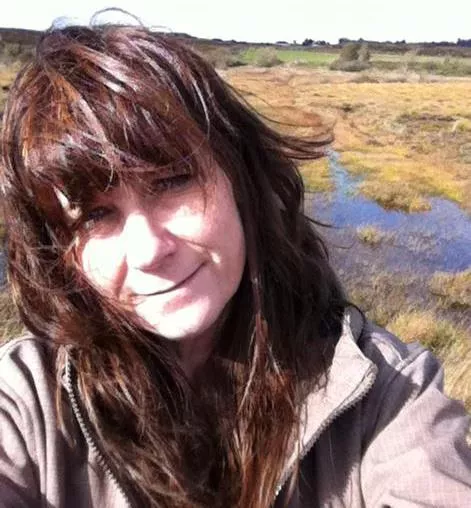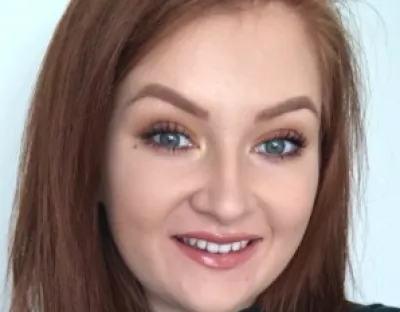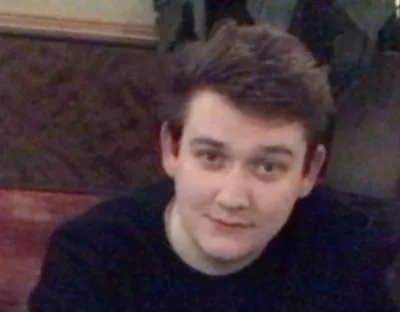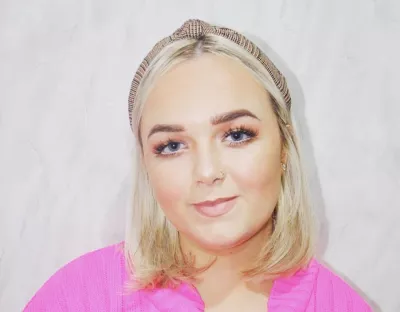
Could you introduce yourself and explain why you chose the History and cultural heritage MA?
My name is Lorna Elms. I have worked for the National Museum of Ireland for nearly twenty years. I had been thinking of doing a Masters for a few years prior to joining the MA programme. The reason that I wanted to do a masters particularly in the area of public history and cultural heritage was because I have been involved in facilitating a community engagement project since 2008. It is actually quite a unique project in Ireland and I felt that I was kind of working in a bit of a vacuum without a road map to follow. I felt that I needed a more in depth understanding and knowledge of the theory in practice behind the work that I was doing. I had been looking around for a number of years for a suitable one and the MA at UL really ticked all the boxes for me in terms of the content and the topics that were covered. The fact that the programme was online and part time meant that I could study and continue to work also.
Why at UL?
I did a Certificate in Oral Heritage at UL in 2013. That was a one year course and I absolutely loved it. I thought it was really engaging and informative and I loved the lecturers. I found the whole atmosphere very collegial, so I'd already had a really positive experience at UL but more practically, UL was the only University offering a public history masters both part time and online so for me and it was UL and this Masters that presented the perfect opportunity.
What area are you working in? How has the MA helped your own career?
I've been working on a particular community engagement project for the National Museum, it's called the Irish Community Archive Network. It is a community archiving project, it's the first one in Ireland and as far as I know it is the only one where a national cultural institution has led this kind of project. It's an initiative where heritage professionals from the National Museum work in partnership with Local Authority Heritage Officers to support community group as they research, collect, document and share their local history and heritage online. It involves working with communities and responding to their needs and engaging them through meetings, through training and upskilling, through peer to peer learning and mentorship programs and bringing them together in a supportive environment where they can not only tap into the expertise and knowledge of professionals. They also network with similar groups of volunteers that are building of digital archives. Our aim is that the groups preserve and share their material in a way that ensures it is authentic and reusable for all users and for other researchers.
In terms of the course content in the MA you explore public history theory and practice and the digital humanities which was absolutely fantastic and it has been really useful for the work that I'm doing. We also learnt about Irish cultural history so I'm now much more knowledgeable in this area which is particularly useful in this Decade of Commemorations. We also studied the history of migration and that is really relevant to my current role because a lot of our community groups are digitizing materials that are being used by the Irish diaspora as they trace their family history. We also covered topics like community archives so I have to say everything that we studied was so relevant and has direct application to the work that I'm doing now.
How did you find out about the course?
When I was completing the Certificate in Oral Heritage at UL, one of the lecturers on the programme had encouraged me to pursue an MA. Subsequently, I went on to the UL website and I found the information related to the MA Public History and Cultural Heritage and I thought my God this looks fantastic. I contacted the course director to find out a little bit more and came away from that conversation knowing that I wanted to pursue this Masters and so I joined in its inaugural year. I was one of the first cohort of students on that MA programme which was actually quite exciting also.
What aspects of the course helped you the most or were most impressive?
I think first and foremost it was the topics covered that I enjoyed. I liked the fact that there was a mix of public history and digital humanities right through to the Irish cultural history and migration history.The course was extremely well organized and takes a scaffolded approach to teaching and learning, you're building up your knowledge and skills step by step and I really love the fact that with everything you learned you immediately had to put it into practice through your assignments. From critical analysis of sources right through to researching, writing and recording a podcast, there was a variety of assignments, that kept it interesting, and I think it helped to keep people engaged throughout the programme.
The course was extremely well organized and takes a scaffolded approach to teaching and learning, you're building up your knowledge and skills step by step and I really love the fact that with everything you learned you immediately had to put it into practice through your assignments.
How did you find the digital elements of the course?
It was challenging but I'm always up for a challenge. We had already learned the skills before we had to put them into practice. So, for the podcast for example, we would have learned about recording and editing in the digital humanities module. We learned how to research a topic effectively and then we would have received pointers on how to put that together in a narrative. We would be given examples of podcasts to go away and listen to so it's not like you're suddenly asked to do something in a vacuum. You get taught the skills and knowledge required and then you are asked to go ahead and put it into practice. I think that is really key to the success of the course because you take the theory and actually put it into practice. I was very impressed with the lecturers, they are very passionate about their subject, knowledgeable and supportive. There was no such thing as a stupid question and they were always there to support us as students.
When I started the course I was really reluctant to ask for help and support, I thought perhaps that was seen as a weakness but I soon learnt that it was ok to ask for clarity and support. Honestly, the lecturers couldn't have been kinder or more understanding and I think you really appreciated that as a student. The lectures could be really fun and the discussions could be humourous even if we were talking about serious topics.
What experiences/opportunities has the course presented you with?
I was accessing everything virtually and I have to say that the library was fantastic. I think for me, as someone already working in the field, the opportunity to do reflective practice as part of the course was really helpful. It was a fantastic opportunity to focus in on the work that I was doing and benchmark that work against current theory in practice. This provided me with some valuable insights and resulted in a body of work that essentially formed the foundation for my dissertation. I've carried this into my professional life now and I do my very best to build in reflective practice within my working week. I loved the way the reflective practice had to be submitted: we would do two blog posts a week and Then at the end of that process they were all put together in a learning journal. I still reference that piece of work now so it was really useful.
What are your future plans? How has this course improved your future career prospects and outlook?
It may be worth saying that I came to this MA based on my 20 years’ experience working in the field. I don't have a graduate degree so this MA gave me that third level qualification which for my whole career I haven't had. Since finishing the MA, I've actually been successful in getting an upgrade to my post. I think having such a relevant post graduate qualification definitely helped in that regard. The confidence that the MA gave me in the knowledge and skills I acquired has been invaluable also.
Would you recommend the programme to others? Any advice or tips for prospective students of the course?
Yes, absolutely. If you are already working in this field, it offers a flexible way to upskill and pursue your professional development in a supportive learning environment In terms of advice, I would say the more you put into it, the more you're going to get out of it. I would also advise anyone undertaking the course to regularly participate in the student forums because that's where you meet your fellow students and learn from each other. importantly enjoy the experience - it really is a wonderful programme.
It really was a wonderful programme.



